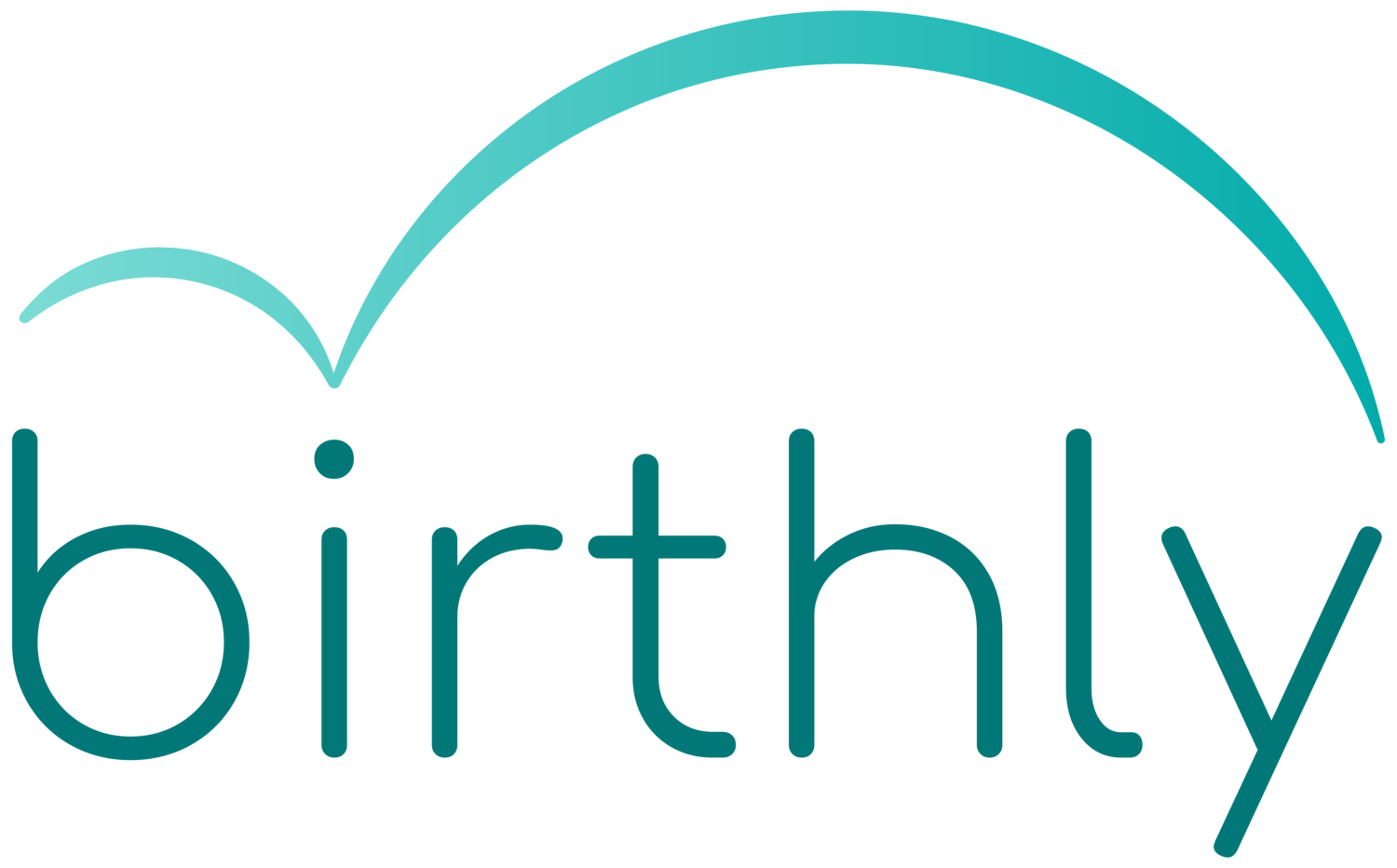Childbirth Education - Why Is it Important
Preparing for the arrival of a baby involves a lot more than simply understanding the process of labor and delivery. Comprehensive childbirth education provides families with the knowledge, skills, and confidence they need to navigate the entire perinatal journey—from early pregnancy through postpartum recovery and newborn care. Research consistently shows that childbirth education is linked to better birth outcomes, increased confidence, reduced anxiety, and improved postpartum experiences.
In today’s healthcare landscape, where appointments may feel rushed and information can be overwhelming, childbirth education can act as a critical bridge between parents and the knowledge they need. These classes support expectant families with evidence-based information about physical and emotional changes in pregnancy, pain management strategies for labor, breastfeeding support, newborn care fundamentals, mental health awareness, and more.
Key Takeaways
Childbirth education supports the entire pregnancy-to-postpartum journey—not just labor and delivery.
Classes build confidence, reduce fear, and improve birth experiences.
Expectant families gain practical tools for coping with labor, breastfeeding, and newborn care.
Childbirth education empowers parents to advocate for themselves and their babies.
What is Childbirth Education?
Childbirth education is a structured form of learning that helps expectant parents and their support partners prepare for all stages of the perinatal experience. While historically focused on the labor and birth process, today’s courses often extend far beyond that. They may include topics such as prenatal health, coping techniques for labor, breastfeeding support, emotional well-being, and infant care basics.
By equipping families with comprehensive, evidence-based information, these classes help parents make informed decisions, advocate for themselves during childbirth, and transition into parenthood with confidence.
Why is Childbirth Education Important?
Childbirth is a major life event, both physically and emotionally. Without proper preparation, expectant parents can feel overwhelmed, confused, or unprepared. Effective education gives families the tools and insight to support positive outcomes and reduce that uncertainty.
Builds Confidence and Reduces Anxiety
Understanding what’s happening in the body and what to expect at each stage of pregnancy and delivery can ease fear. Many parents report feeling significantly more confident after completing a class.
Improves Birth Outcomes
Studies show that those who participate in childbirth education are more likely to have vaginal births, are less likely to use pain medication unnecessarily, and experience fewer emergency interventions during labor.
Supports Breastfeeding Success
Classes that incorporate lactation education prepare parents to recognize feeding cues, understand latch techniques, and troubleshoot common issues—leading to higher breastfeeding initiation and duration rates.
Encourages Partner Involvement
Childbirth education often includes content for partners and support people, helping them feel involved and confident in their role during labor and postpartum care.
Enhances Postpartum Readiness
Parents learn not just how to care for a newborn, but how to take care of themselves after birth. Many classes now include topics like postpartum recovery, mental health awareness, and navigating early parenting challenges.
What is Covered in a Childbirth Education Class?
While each curriculum varies, most comprehensive classes include:
Stages of labor and what to expect at each phase
Pain relief options including natural coping tools and medical interventions
Partner support roles during labor and postpartum
Breathing and relaxation techniques
Postpartum recovery and what to expect physically and emotionally
Mental health awareness and signs of perinatal mood disorders
Breastfeeding preparation including latch, milk supply, and troubleshooting
Newborn care basics such as bathing, diapering, and safe sleep
Birth planning and how to communicate preferences with providers
Navigating prenatal visits and understanding tests and procedures
Bottom Line
Childbirth education is one of the most effective ways to prepare for pregnancy, birth, and new parenthood. By offering information, tools, and a sense of community, these classes help families navigate what can be one of the most transformative times in life.
At Birthly, we believe childbirth education should be accessible, inclusive, and go beyond the basics. That’s why we offer free, live, online classes covering every stage of the journey—from prenatal wellness and labor prep to newborn care and perinatal mental health. Taught by certified educators in both English and Spanish, our curriculum is designed to meet the real needs of today’s growing families, no matter where they are in their parenting journey.
Childbirth Education FAQ
What is taught in a childbirth class?
Classes typically cover labor stages, pain management, delivery options, postpartum recovery, breastfeeding, newborn care, and mental health awareness.
Does insurance cover childbirth classes?
Some insurance plans or Medicaid programs may reimburse for classes, especially if taken through a hospital or provider-recommended platform.
When should I go to childbirth classes?
Most parents begin classes during the second or early third trimester, ideally between 20 and 32 weeks of pregnancy.
Sources
Birthly Clinical Outcomes Summary.
Birthly. (2023, February). Penn Medicine Abstract One-Pager.
https://static1.squarespace.com/.../Birthly+Abstract+One-Pager+2.5.2023.pdf
Antenatal Education and Its Effects on Birth Outcomes.
Mao, H. et al. (2024). Influence of antenatal education on labor and delivery outcomes: A systematic review.
BMC Pregnancy and Childbirth, 24, Article 401.
https://pmc.ncbi.nlm.nih.gov/articles/PMC11320171/
Impact of Prenatal Education on Delivery and Maternal Experience.
Brixval, C. S., et al. (2016). Antenatal education in small classes may increase satisfaction with delivery: A quasi-experimental study.
American Journal of Obstetrics & Gynecology, 214(1), 105.e1–105.e7.
https://www.ajog.org/article/S0002-9378(15)01623-3/fulltext

